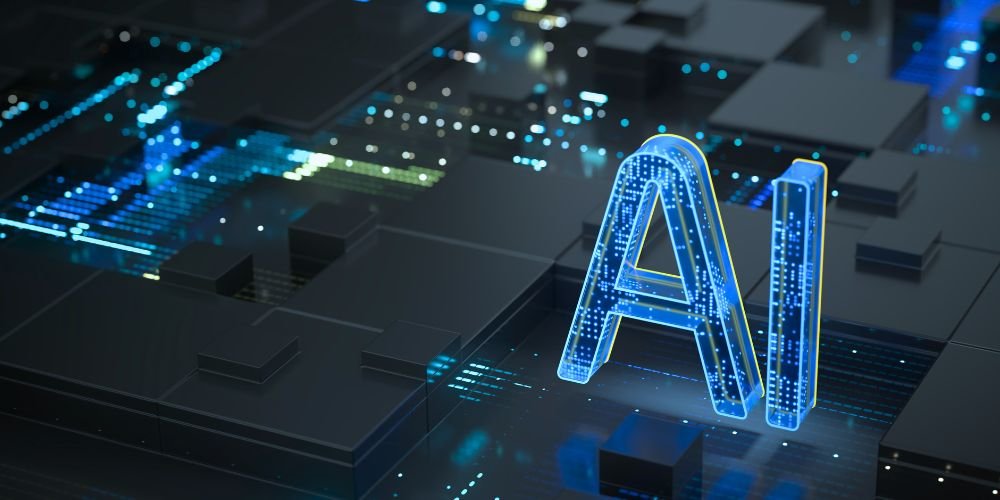Artificial Intelligence (AI) has rapidly emerged as a transformative technology, revolutionizing industries and driving innovation across various domains. At the heart of AI lies specialized hardware designed to accelerate the complex computations required for machine learning, deep learning, and other AI tasks.
In this opinion piece, we will explore the significance of AI hardware and its pivotal role in enabling intelligent computing solutions.
Powering AI Innovation and Performance
AI hardware, including graphics processing units (GPUs), tensor processing units (TPUs), and field-programmable gate arrays (FPGAs), plays a crucial role in powering AI innovation and performance. These specialized processors are optimized for parallel processing and matrix operations, making them ideal for accelerating the training and inference tasks associated with deep learning models.
By harnessing the computational power of Artificial Intelligence Hardware, researchers and developers can tackle complex AI challenges more efficiently and unlock new possibilities for AI-driven solutions.
Enabling Edge AI and Real-time Inference
In addition to accelerating AI workloads in data centers and cloud environments, Artificial Intelligence Hardware is increasingly being deployed at the network’s edge to enable real-time inference and decision-making.
Edge AI devices equipped with specialized AI processors can analyze sensor data, images, and video streams locally without relying on cloud connectivity. It enables faster response times, reduced latency, and enhanced privacy, making edge AI ideal for applications such as autonomous vehicles, industrial automation, and smart cities.
Advancing AI Research and Development
Artificial Intelligence Hardware drives AI research and development advancements by providing researchers and practitioners with powerful tools and platforms for experimentation and innovation. High-performance GPUs and TPUs enable researchers to train large-scale deep learning models on massive datasets, accelerating the pace of AI breakthroughs in natural language processing, computer vision, and reinforcement learning.
Additionally, Artificial Intelligence Hardware accelerators facilitate the deployment of AI models in production environments, enabling organizations to leverage AI-driven insights and capabilities at scale.
Enhancing Energy Efficiency and Sustainability
Efforts are underway to develop energy-efficient Artificial Intelligence Hardware architectures that minimize power consumption while maximizing computational performance.
AI hardware manufacturers are driving improvements in energy efficiency and sustainability by optimizing hardware designs and leveraging techniques such as sparsity, quantization, and model pruning. It reduces the environmental impact of AI infrastructure, lowers operational costs, and enables AI deployments in resource-constrained environments.
Conclusion
AI hardware is at the forefront of the AI revolution, empowering intelligent computing solutions that drive innovation, enhance performance, and advance research across various industries. From accelerating AI workloads in data centers to enabling real-time inference at the edge, AI Hardware plays a pivotal role in shaping the future of AI-driven technologies.
As AI continues to evolve and increase, the demand for specialized AI Hardware will continue to grow, fueling further advancements in AI capabilities and unlocking new opportunities for transformative applications.





